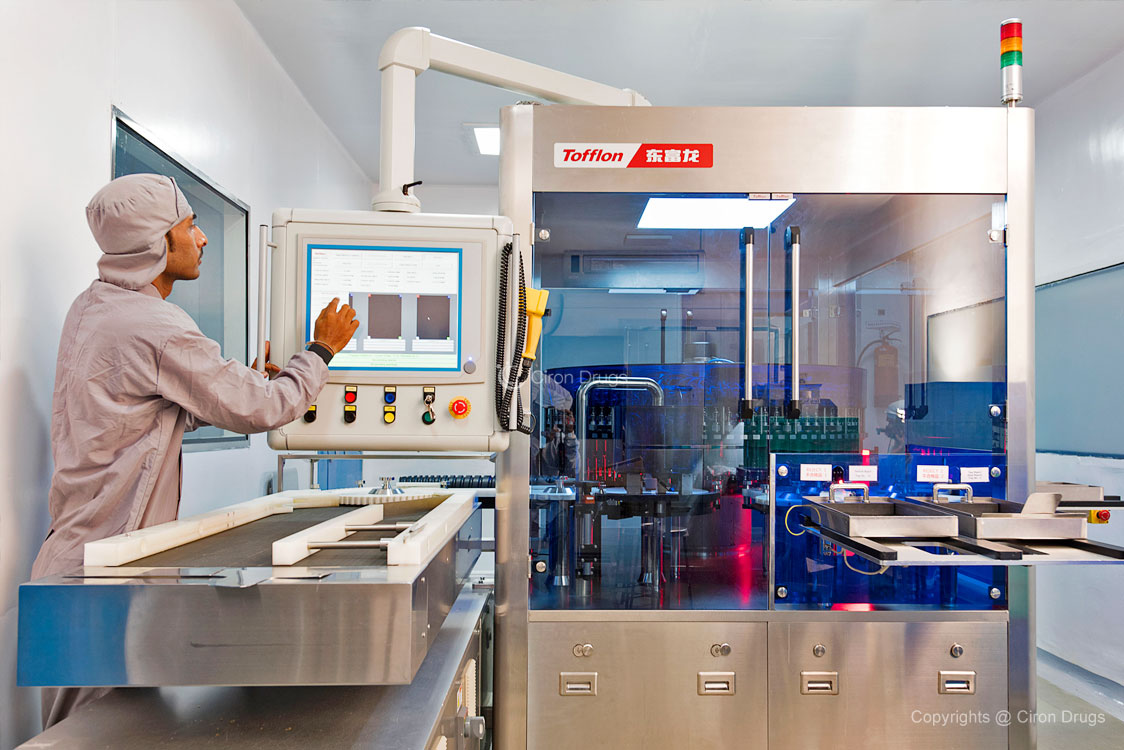Types Of Pharmaceutical Products
Pharmaceutical products include all consumable and non-consumable items that play a role in preventing and curing various health disorders and in maintaining health and wellbeing. Medicinines form a major chunk of the pharmaceutical products in India.
They are usually available in the forms of tablets, capsules, syrups, drops, dry syrups and powders, injectables, creams, lotions, ointments, sprays, oils and drops to name a few.
Each of the medicines are formulated and manufactured under controlled conditions and within the limits of some rules.
Important Aspects Of Tablet Manufacturing
Tablets are easily one of the most consumed forms of medication. Antibiotics, painkillers, steroids, fever medicine, hormonal and nutritional supplements are all available in the form of tablets.
Every tablet manufacturer in India has to consider the following aspects before the manufacturing process:
- It is important to consider the chemical composition, stability and efficacy of the drug in its tablet form.
- The neutral ingredient that is used as a base in the tablet should not have any chemical interaction with the pharmaceutical ingredient.
- The set up for manufacturing and storage of tablets must be air-conditioned, spacious, clean and sterile. It must be free from light, heat and humidity.
- A team of staff well versed with the various aspects of the field of pharmacology
- It is mandatory to design safety measures like protective gear, breathing masks, gloves and face shields for the workers who will be in direct contact with the medicated tablets during the manufacturing process.
There are several other aspects that need to be taken care of before establishing a fully functional tablet manufacturing unit.
How Are Tablets Manufactured?
Manufacturing of medicated tablets is governed by certain rules laid down by The Drugs And Cosmetics Act and WHO guidelines. Pharmaceutical exporters in India follow the steps given below for manufacturing good quality medicated tablets without any admixture.
- All the active and neutral ingredients are weighed very carefully in their accurate proportion and mixed.
- The mixed ingredients must be blended to a fine powder without any coarse particles.
- If water particles are present in the formulation then it is kept in a dehydrator or a fluid bed dryer for a specific period of time.
- The resultant dry ingredients are then compressed into different shapes and sizes to form medicated tablets.
- The external coating of the tablet may have a powder-like or gelatinous consistency depending on their mode of administration.
- Tablets are often engraved with the name or the logo of their manufacturing company.
- Manufactured tablets are stored in sterilized containers made out of non-reactive material like glass or plastic, in dry, dark and cool surroundings.
Only those medicines that have been clinically tested and approved by the concerned governing body may be manufactured as tablets.

